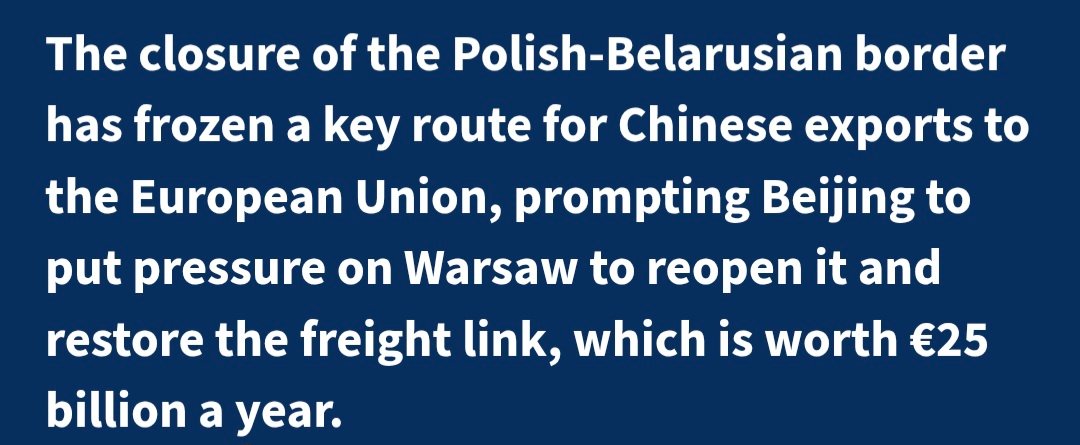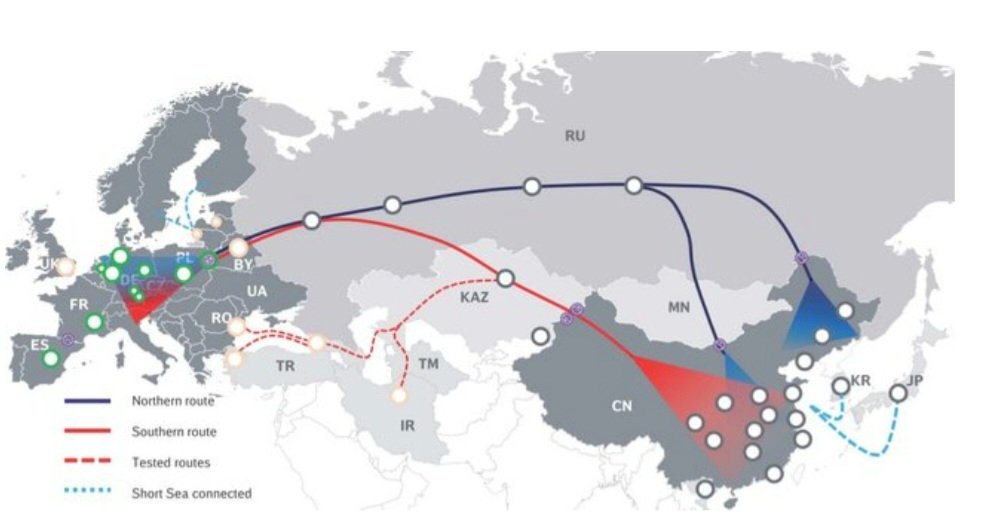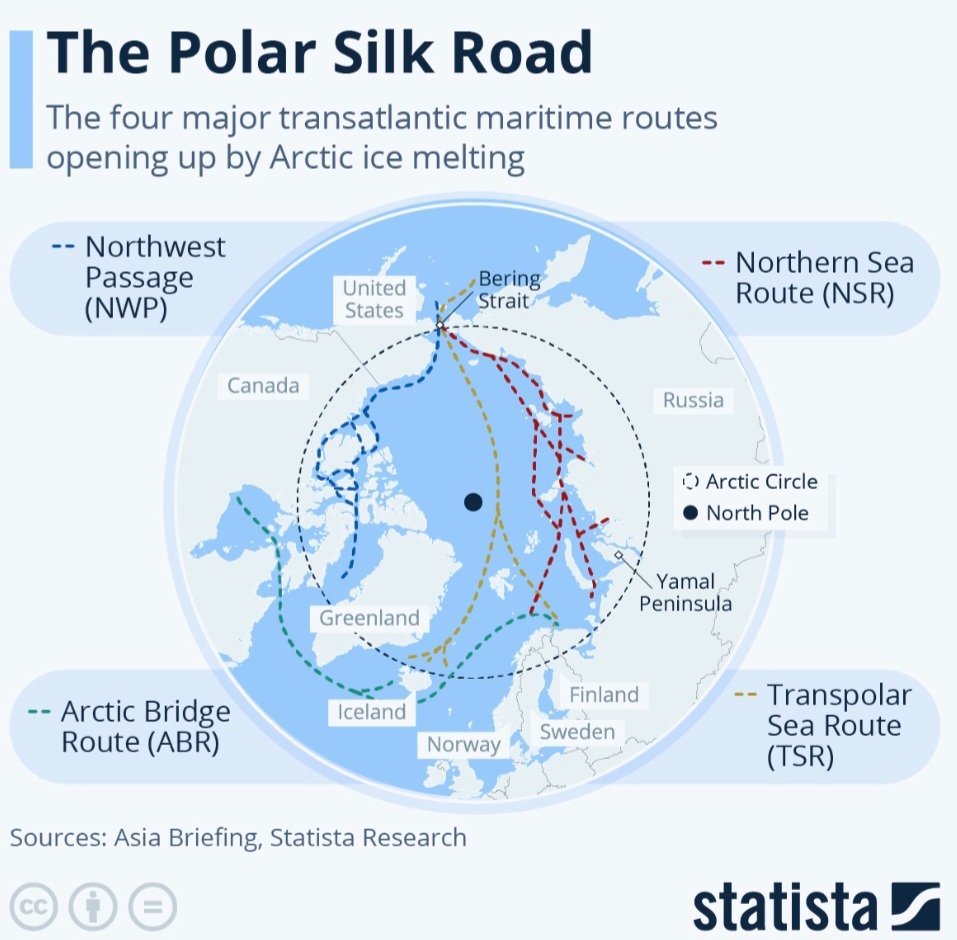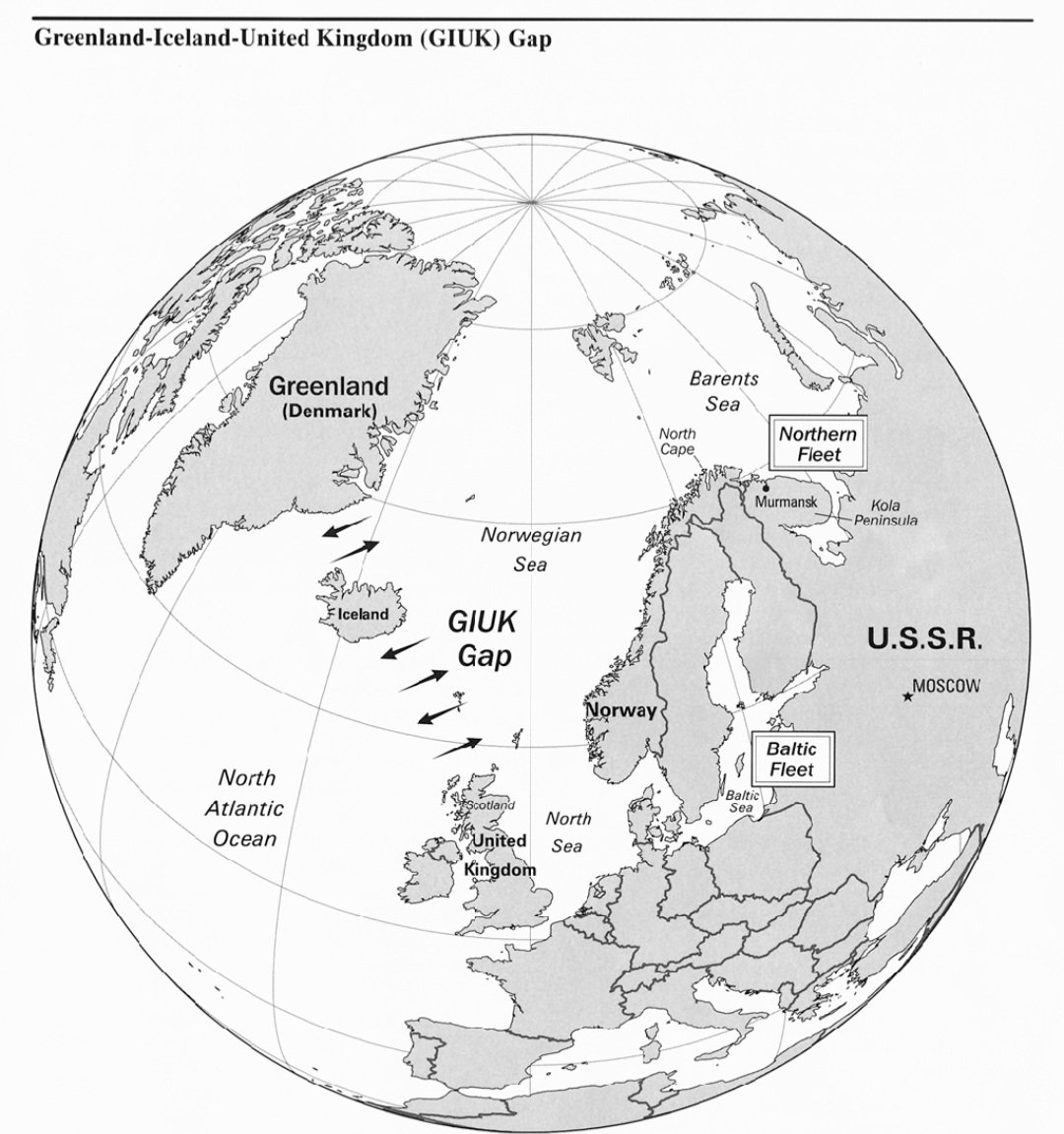China’s Trade at Risk: Poland–Belarus Border Closure & the Arctic Opportunity 🧵👇
1/Poland closed its border with Belarus after Russian drone incursion and joint military exercises (Zapad 2025). This blocks China’s main rail link to Europe, stranding trains and forcing companies to consider slower or more expensive alternatives.
2/The Belarus–Poland railway carries ~90% of China–EU rail freight ($25B/year). With the corridor closed, goods accumulate in Belarus, EU markets face delays, and China must shift cargo to maritime or air transport. 

3/Air freight is faster but ~30% more expensive per ton than rail. Large shipments become costly, increasing the final price of goods in Europe and straining logistics budgets.
4/Sea shipments take ~40-45 days and face chokepoint risks at the Suez Canal and Strait of Hormuz. Delays threaten just-in-time industries like electronics, automotive, and machinery.
5/Chinese Freight forwarding companies report panic among customers. Many are already redirecting shipments to maritime routes, which increases transit time and uncertainty.
6/Industries dependent on fast delivery face production delays and inventory shortages. Rising transport costs are passed on to EU consumers, impacting competitiveness.
7/China’s land route through Belarus is part of its Belt & Road Initiative, providing direct and cost-efficient access to Europe. Closure forces China to accelerate alternative logistics strategies. 

8/At least eight of the most important rail container routes from China to Western Europe pass through Belarus. This allows cargo to move from China to Germany via Kazakhstan, Russia, Belarus, and Poland about three weeks faster than other routes.
9/China recently sent the container ship Istanbul Bridge via Russia’s Northern Sea Route from Ningbo-Zhoushan to Felixstowe, accompanied by icebreakers. This is the first step toward establishing regular Arctic shipments connecting multiple ports in Asia and Europe.
10/The Arctic route cuts travel time to ~18 days, about 40% faster than the traditional route through the Suez Canal. This provides a faster alternative during disruptions like the Poland–Belarus rail closure. Faster shipping reduces costs. 

11/Melting ice due to climate change has made these northern routes navigable during the summer months. Twenty years ago, the region was frozen and inaccessible.
12/The Arctic now has major geopolitical significance. Russia can develop oil and gas resources, China can send container ships, and the U.S./NATO are closely monitoring Greenland for strategic control. Control over these routes affects both trade and military positioning.
13/Currently, Arctic shipments are small roughly 1% of Far East–Europe trade. It’s supplemental, not a replacement for established maritime routes like the Suez or Panama Canals. Still, it demonstrates the potential for future expansion and tensions.
14/Control of transit corridors (Belarus, Poland, Arctic) defines global trade power. Nations with Arctic access gain influence, making the region a focus for major powers, for now Poland refused to reopen the border.
15/The U.S. is highly interested in Greenland not only for Arctic shipping and resources but also because of the GIUK gap the naval chokepoint between Greenland, Iceland, and the UK. NATO monitors this area to track naval and submarine movement from the Arctic into the Atlantic. 

16/I hope this thread helped you understand how small events can change big trade routes. There’s a lot to watch in the coming years, especially the Arctic, as I previously mentioned many times.
• • •
Missing some Tweet in this thread? You can try to
force a refresh







